In the late spring of 1968, less than a year after my professional beginnings, I was about to start gigging with my third professional group, the Dave Workman Blues Band. Hank Fisher, leader of the Metronomes, called me to tell me about a new band that was rehearsing and he wanted me to be a part of the horn section.
Hank and I arrived on the westside of Columbus one after school, at the home of organist Tom Collins and the rehearsal assembled a very talented group of young players. Tom was a senior in high school, but he was a devotee of jazz organist Jimmy Smith. The solid drummer was Andy Smith, who was an alumni of the Grayps, an Arlington rock band. Pat Geany was bassist with the psychedelic sensations, The Four O’Clock Balloon. The horn line was made up of Hank on alto sax and vocals, Neil Gadous, tenor sax, Vaughn Weister, trombone and me on trumpet. A smokin’ rhythm section and four horns.
The guitarist and namesake of the new group was Dave Workman, a worshiper of B.B., Albert and Freddie King. Dave, a Worthington, Ohio brat, had become a star in the mid-1960s when the British Invasion hit and his band, The Dantes, started carrying the early Rolling Stones flag and they had a local hit, Can’t get Enough of Your Love. Dave could play his wicked sounding guitar by stealing everything he could from the King boys.
We started covering the best blues songs, The Laundromat Blues, Crosscut Saw, Sweet Sixteen, Hideaway, Born Under a Bad Sign and occasionally we’d stray into jazz territory with themes like Bluesette and songs from the new Blood, Sweat and Tears group, formed by Al Kooper or Chicago Transit Authority. James Brown got covered (Lickin’ Stick) and within two weeks of rehearsal, we had booked an appearance at Valley Dale, other halls and clubs around the Capitol City.
By the summer a new club, Mr. Frankie's, opened just east of Nelson Road on East Main Street and the Workman Blues Band made a name within weeks of packing in hippies and serious musc fans there. We even got an invitation to go north to Chipawa Lake in Lodi, Ohio, to be a part of a weekend rock festival and we shared the stage with the Blues Magoos.
During a July week at Mr. Frankie’s, I got playful on stage, as Dave was taking a guitar solo, and I put a piece of ice on the back of his neck. He reacted by cursing, bashing me in the face with the neck of his guitar and stomping off stage. I finished singing the song and leaped off stage to continue the battle off stage, but I was restrained from beating on Dave by Hank. I finished the week, but was replaced the next week by trumpeter Lee Savory.
I claim to be the first person fired from the Dave Workman Blues Band. The band continued for at least two decades around the Columbus area, bringing in legendary musicians like Willie Pooch, Bili Turner, Vince Andrews, Steve Burkey and others. Dave still makes music in San Francisco and his blues band was the high point of an era that finished the late 1960s.
I started Capital University, September 6, 1968, on my eighteenth birthday. My first classes were in the Conservatory of Music and, despite not having private lessons, I had pretty good chops in piano, trumpet and music theory. What was missing was my ability to sight read music, a definite advantage when in the competition of a noted music school.
I had plans of becoming a music educator and one day having a great high school marching band. However, no one informed me that the university didn’t have a marching band for their football team’s games. So I shifted my focus from education to a performance major.
But performing in a classical tradition was never in my plans; I wanted to play everything but the music of the masters. My masters became Ray Charles, Frank Zappa, John Mayall, the Beatles and within a short time, I had organized a new group of players from the ranks of my fellow students. Fess Parker brought his bass from Toledo, Steve Trout, played guitar, Steve Dodge was an excellent drummer and I recruited my younger brother, Gerald, who was still at Jonathan Alder High School, to play guitar with us in the campus snack bar.
David Papke and Ron Coats were upper classmen at Capital who had a Simon and Garfunkle thing going, which I wasn’t all that keen on. But by the spring of 1969 came the song Bridge Over Troubled Water and my group, Cash McCall and his Bumswipe Blues Band Boys, were backing them at campus assemblies and antiwar moratoriums.
But at a campus coffee house, I was to soon start jammin’ with my new best friend, guitarist Don Chakeres.
Subscribe to:
Post Comments (Atom)
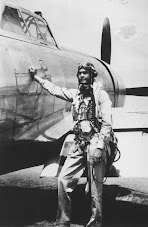


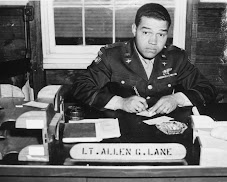
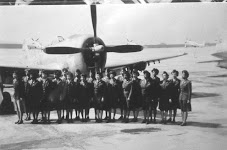
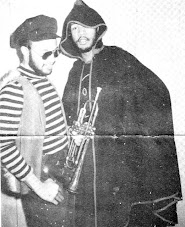





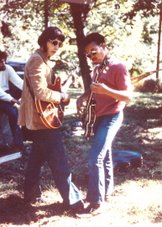
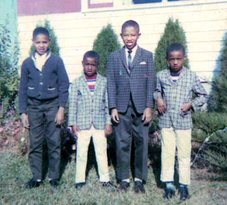
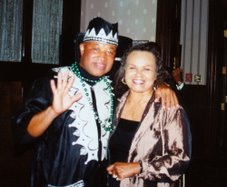

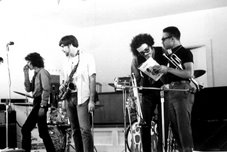
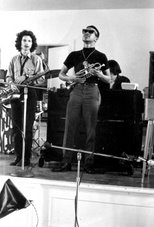

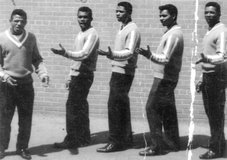



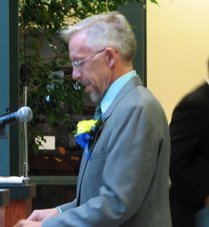
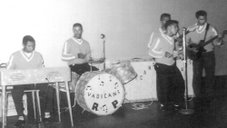
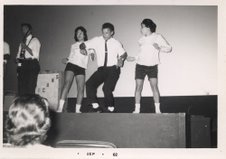


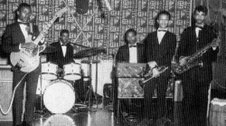
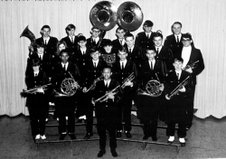
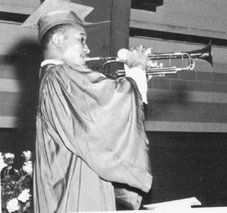
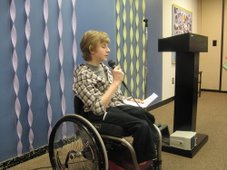
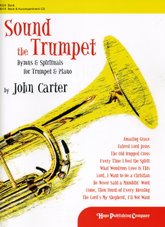
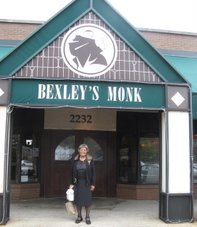
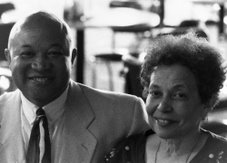
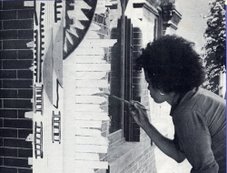

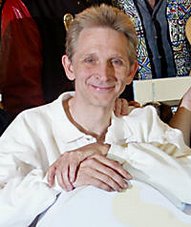
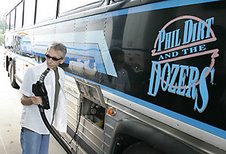
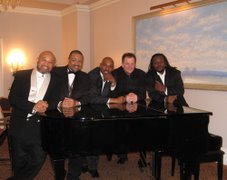
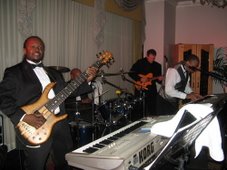
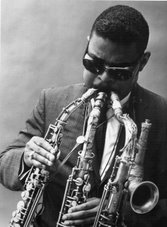
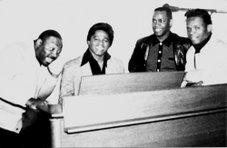

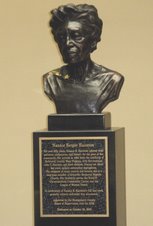
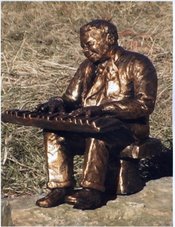
No comments:
Post a Comment